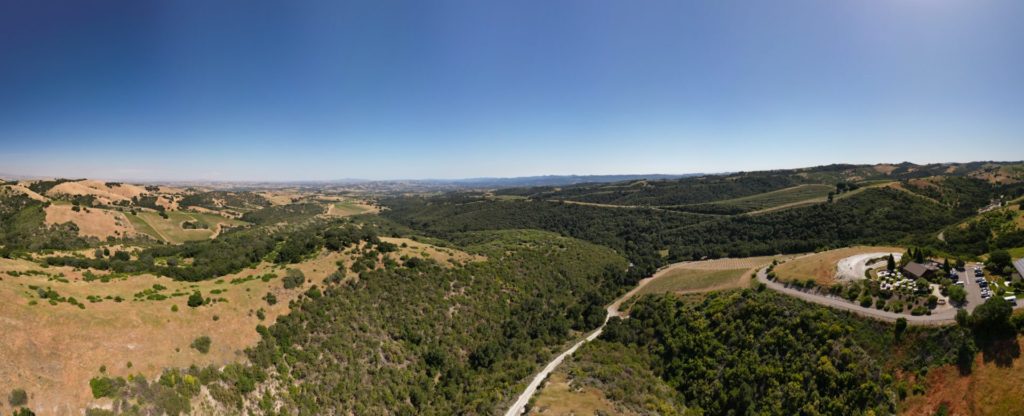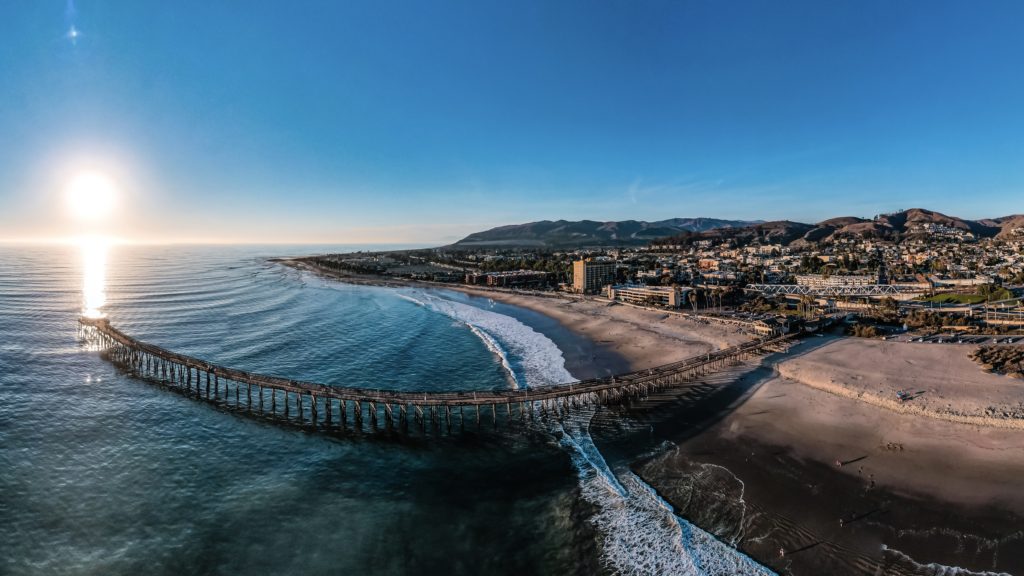Creating quality drone footage as a travel content creator requires more than just skillful piloting and an eye for the perfect shot. Before taking on a new project, there are several important questions that need to be considered to ensure a successful and profitable endeavor.
This blog post outlines 15 critical questions to ask before evaluating a drone project and provides a comprehensive guide for drone pilots and videographers.

1. Travel Arrangements and Expenses
First and foremost, determine if the project requires travel and who bears the cost. Traveling to a location isn’t just about being there; it’s about investing your time and resources. Ensuring that travel expenses and time are accounted for in the project budget is crucial.
2. Project Duration
How long will the project take? Is it a single event or spread out over days, weeks, or months? The project’s duration influences the pricing, the planning process, and your availability for other work.
3. Quantity of Photos and Videos
What is the expected number of photos and videos? Clarity on the quantity and whether there’s a minimum or range you’re expected to deliver helps you gauge the project’s scope.
4. Location Specifics and Permissions
Understanding the shooting location is vital. You need to know if you’re required to secure permissions or if there are restrictions, like controlled airspace or prohibited areas, that will affect your ability to shoot.
Also helpful to know…
Many people don’t know if they need a drone pilot’s license or not. In short, if there is an exchange of money, then YES both a pilot’s license and a drone registration is required. Click here to read a blog post with more helpful info!
5. Lighting and Weather Conditions
Ask about the preferred lighting and weather conditions. Since these are beyond your control, you’ll need to plan for potential delays and schedule flexibility, especially if specific weather conditions are required for the shot.
The shot below for example, required a clear day to be able to see the oncoming sunset.

6. Nature of the Footage
Determine whether the client expects raw footage or edited content. The type of footage affects the time commitment and the skills required for the project.
Editing out footage vs. providing raw B roll clips are two totally different projects.
Below is a video example of drone footage edited in with other footage to create a sequence about a destination:
7. Drone Battery Requirements
Evaluate the number of drone batteries needed. If the project is time-sensitive or in a remote location, having sufficient battery life is essential to capture the required footage without interruptions.
8. Content Usage and Rights
Understanding how the footage will be used helps in pricing the project correctly. Wider usage, particularly in high-exposure mediums, should reflect in the project’s cost.
Want to SEE this blog post with more helpful context? Checkout the full tutorial video!
9. Usage Duration
Will the footage be used indefinitely, or is there a time limit? The duration of usage can affect licensing fees and the overall price of the project.
10. Credit and Exposure
Find out if you will receive credit for your work. Credits can be a form of payment in terms of exposure, especially when starting out or looking to build your reputation.
Below is an example of where credit is given for drone shots.
11. Relationship Longevity
Is this a one-time project or the beginning of an ongoing relationship? Long-term collaborations may influence the pricing strategy and your willingness to negotiate terms.
12. Feedback Rounds
Consider how many feedback rounds are required and if it’s a repeat client or a new one. Familiarity with the client’s preferences can streamline the feedback process and reduce time spent on revisions.
Become a PRO at flying your drone
MASTER your drone and gain the confidence to EASILY fly!
Whether you’re just getting started, or trying to become an advanced pilot selling your drone photography and videography, consider checking out the drone courses!
13. People in the Shots
Determine if there are people in your shots and whether you’re responsible for obtaining release forms. This also relates to your role—will it extend beyond piloting to directing or even modeling?
14. Insurance Requirements
Clarify if the project requires specific drone insurance. Insurance costs vary depending on the risk level and duration of the project, and this should be reflected in your pricing.
15. Assistance and Direction
Lastly, assess whether you’ll receive assistance with the shot list and location scouting or if you’ll need to determine this yourself. A clear shot list from the client simplifies planning and execution.
Bottom Line
Before pricing a drone project and signing the contract, these 15 questions will help you to get started in preparing for negotiations.
Each assignment is unique—with some requiring more independence and others more collaboration. These considerations lead us to the essential inquiries that every drone photographer should make before embarking on a project.
Remember to ask, prepare, and plan—because every great shot is a team effort, whether seen in the frame or not.
Don’t forget there is a video version of this blog post!